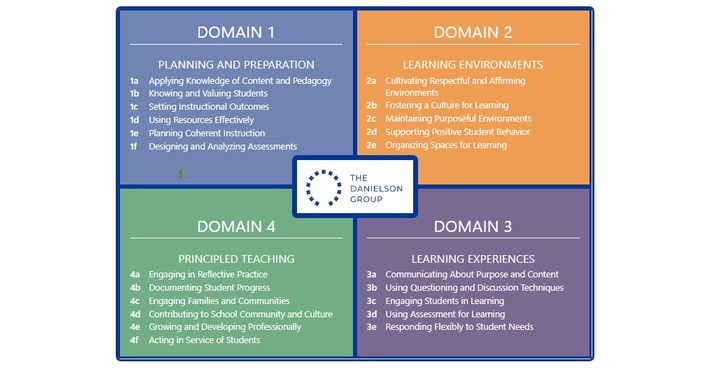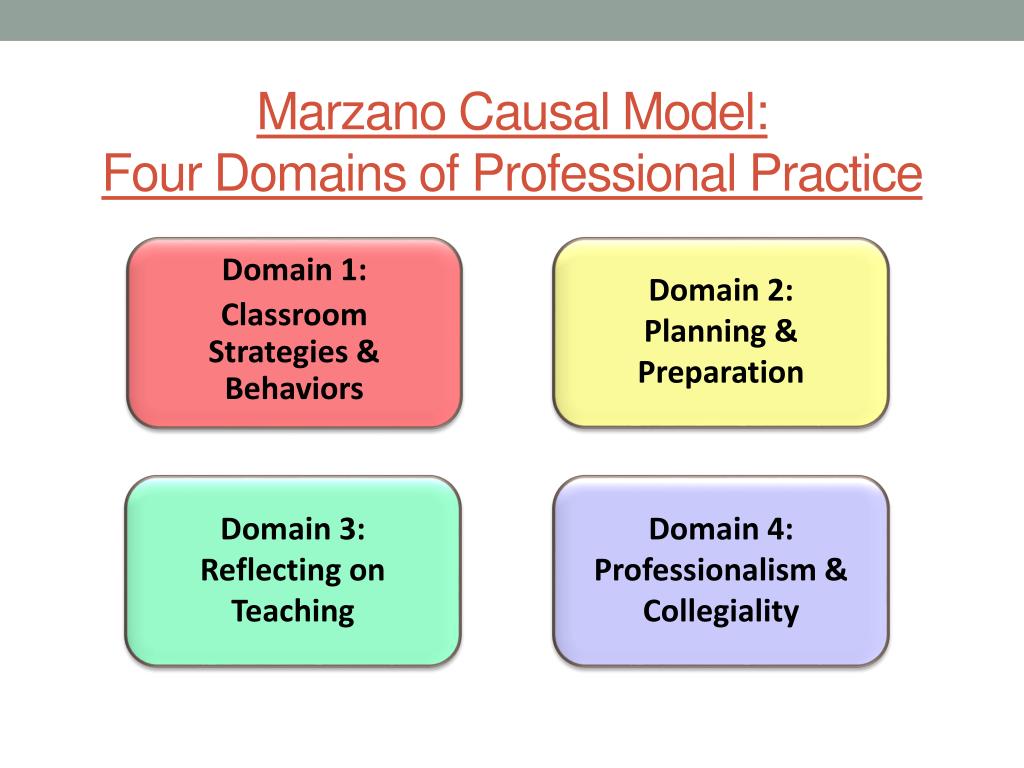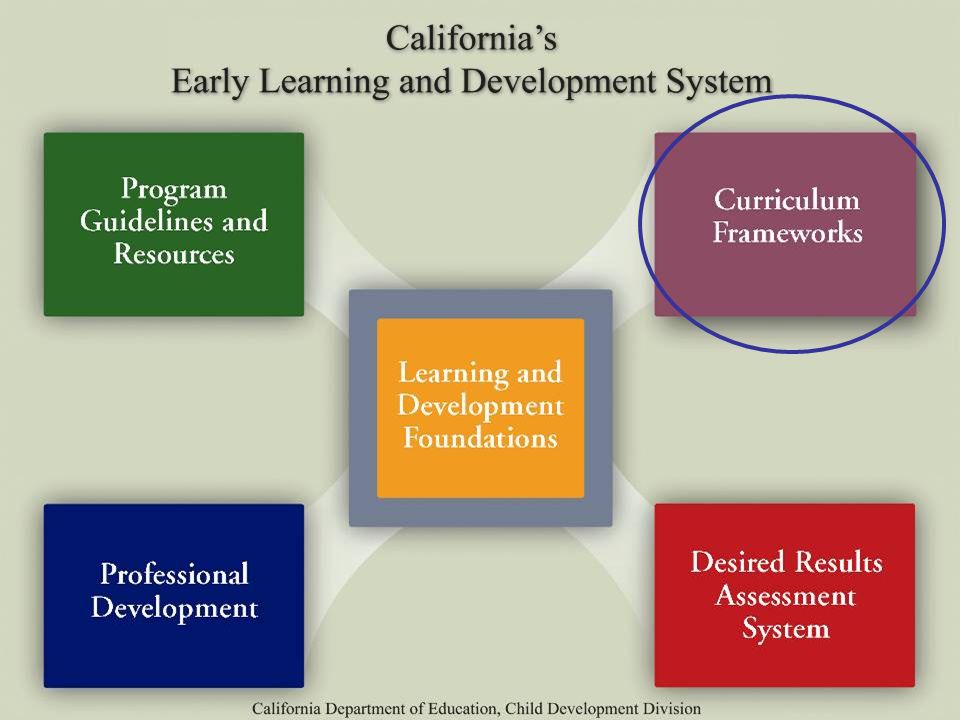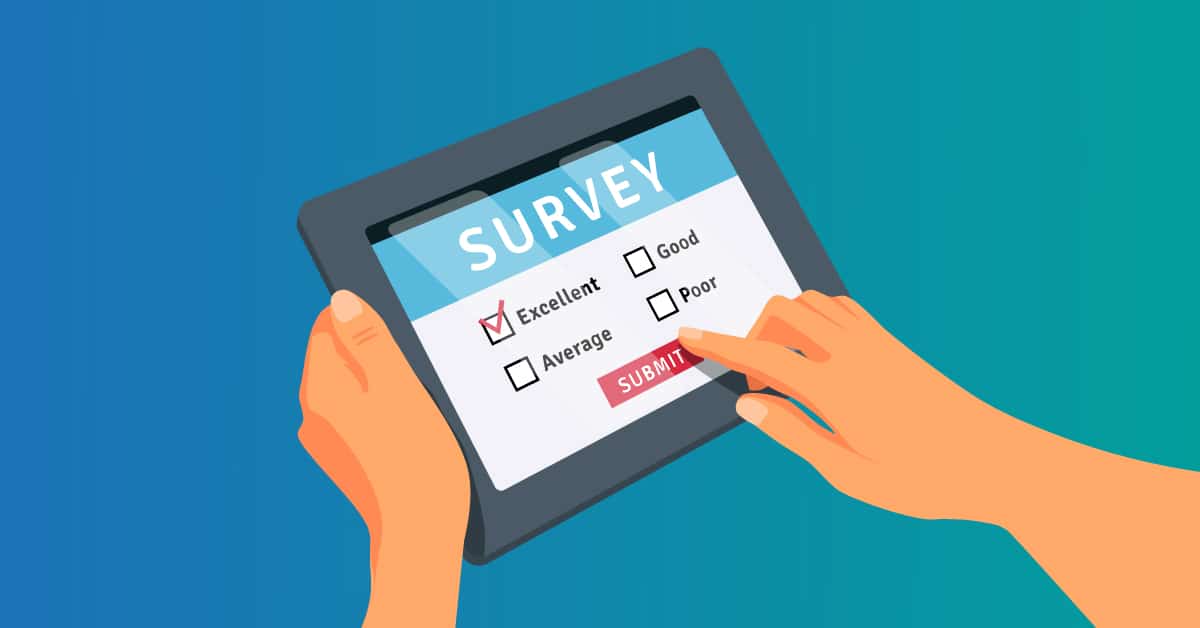
10 Qualities of a Good Teacher with Evaluation Survey
A good teacher is someone who does more than just share information. They make learning exciting and help students grow in many ways. Qualities of a good teacher are things that create a friendly and interesting classroom, adjusting how they teach to help all students. They really love what they teach, communicate well, and understand their students.

10 Qualities of a good teacher
Here’s a more detailed exploration of the ten qualities of a good teacher:
Passion for Teaching – No.1 Qualities of a Good Teacher:
- A good teacher is characterized by an inherent passion for their subject matter and the act of teaching itself. This passion is contagious and can inspire students to develop a genuine interest in the material.
Effective Communication Skills:
- Effective communication is a cornerstone of good teaching. A skilled teacher can convey complex concepts in a way that is easy to understand. They encourage open communication, making students feel comfortable expressing their thoughts and asking questions.
Adaptability:
- Teaching is not a one-size-fits-all endeavor. A good teacher recognizes the diverse learning styles within their classroom and adapts their teaching methods accordingly. This adaptability ensures that every student has an opportunity to grasp the material.
Classroom Management:
- Creating a positive and organized learning environment is essential for effective teaching. A good teacher manages the classroom efficiently, setting clear expectations and employing strategies to address behavioral challenges constructively.
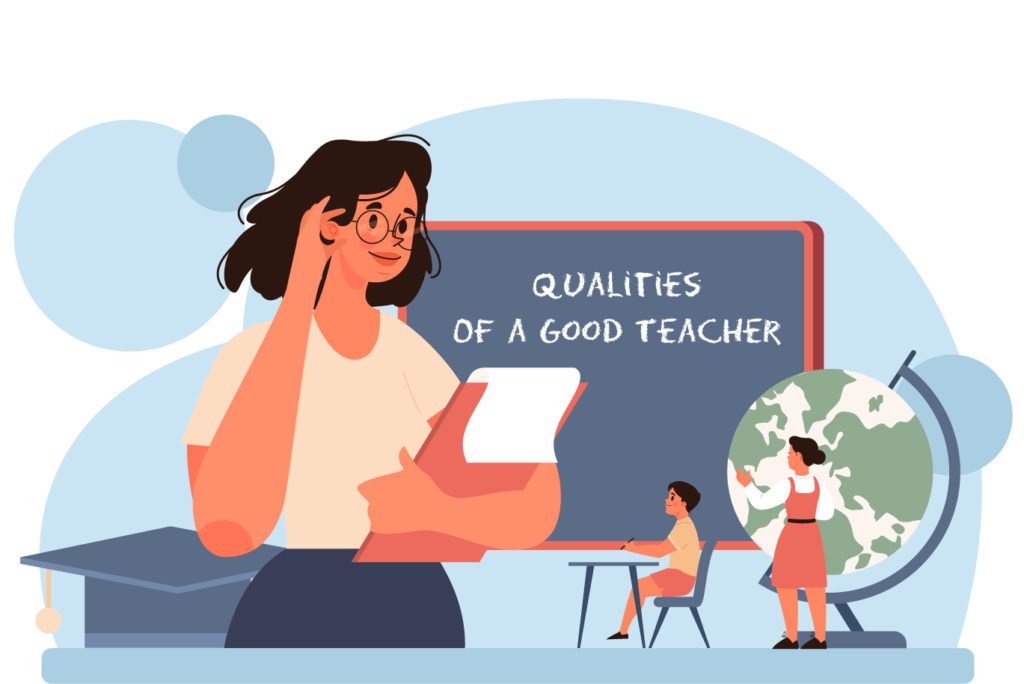
Empathy and Understanding:
- The ability to connect with students on a personal level is a hallmark of a good teacher. They show empathy and understanding, creating a supportive environment where students feel valued and understood.
See also:
Want to be a good teacher? Visit: Train to Teach: TYLEC Courses
Schools Link Academic Coordinator for Primary Sector
Dedication to Student Success:
- Good teachers are deeply committed to the success of each student. They go beyond the required curriculum, investing time and effort to help students overcome challenges, both academically and personally.
Mastery of Subject Matter – Important Qualities of a Good Teacher:
- A solid grasp of the subject matter is fundamental for effective teaching. Good teachers continuously deepen their understanding of the content, allowing them to present information with confidence and clarity.
Continuous Professional Development:
- Recognizing the evolving nature of education, good teachers engage in continuous professional development. They attend workshops, pursue further education, and stay updated on the latest trends and innovations in teaching.
Inspirational Leadership:
- Good teachers lead by example, embodying positive behavior and values. They inspire and motivate students not only academically but also personally, encouraging them to reach their full potential.
Flexibility – Top 10 Qualities of a Good Teacher:
- Flexibility is a key quality of good teachers. They embrace change and are open to adopting new teaching methodologies and technologies. This adaptability ensures that their lessons remain relevant and engaging for the ever-evolving needs of their students.

